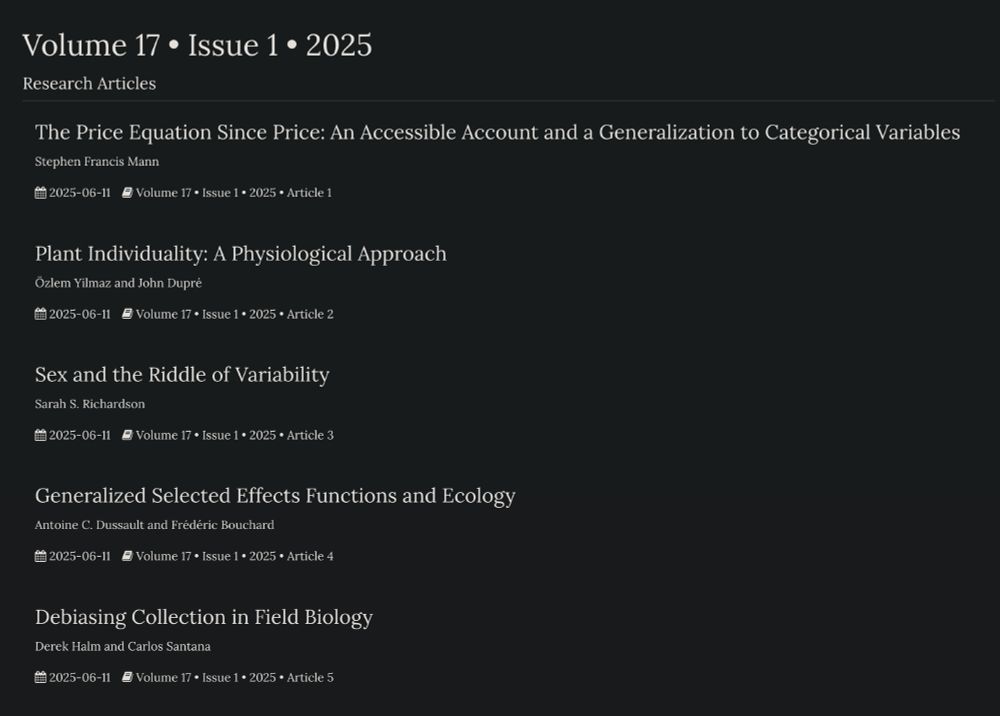Sarah Richardson
@profrichardson.bsky.social
740 followers
450 following
41 posts
Aramont Professor of the History of Science and Professor of Studies of Women, Gender, and Sexuality at Harvard University
More about my work at https://scholar.harvard.edu/srichard/
Posts
Media
Videos
Starter Packs
Reposted by Sarah Richardson
Reposted by Sarah Richardson
GenderSci Lab
@genderscilab.bsky.social
· Apr 23
Reposted by Sarah Richardson
Reposted by Sarah Richardson









